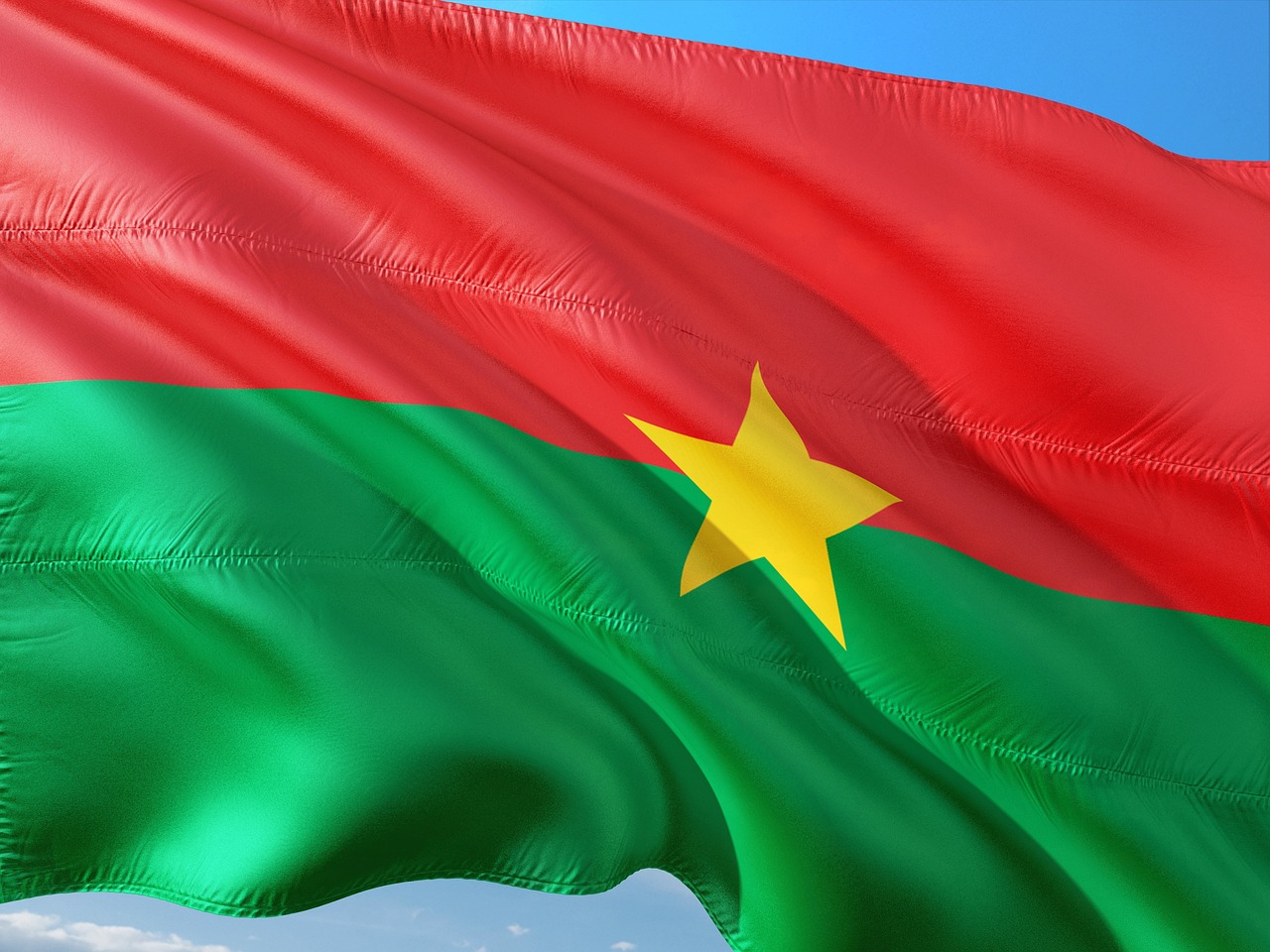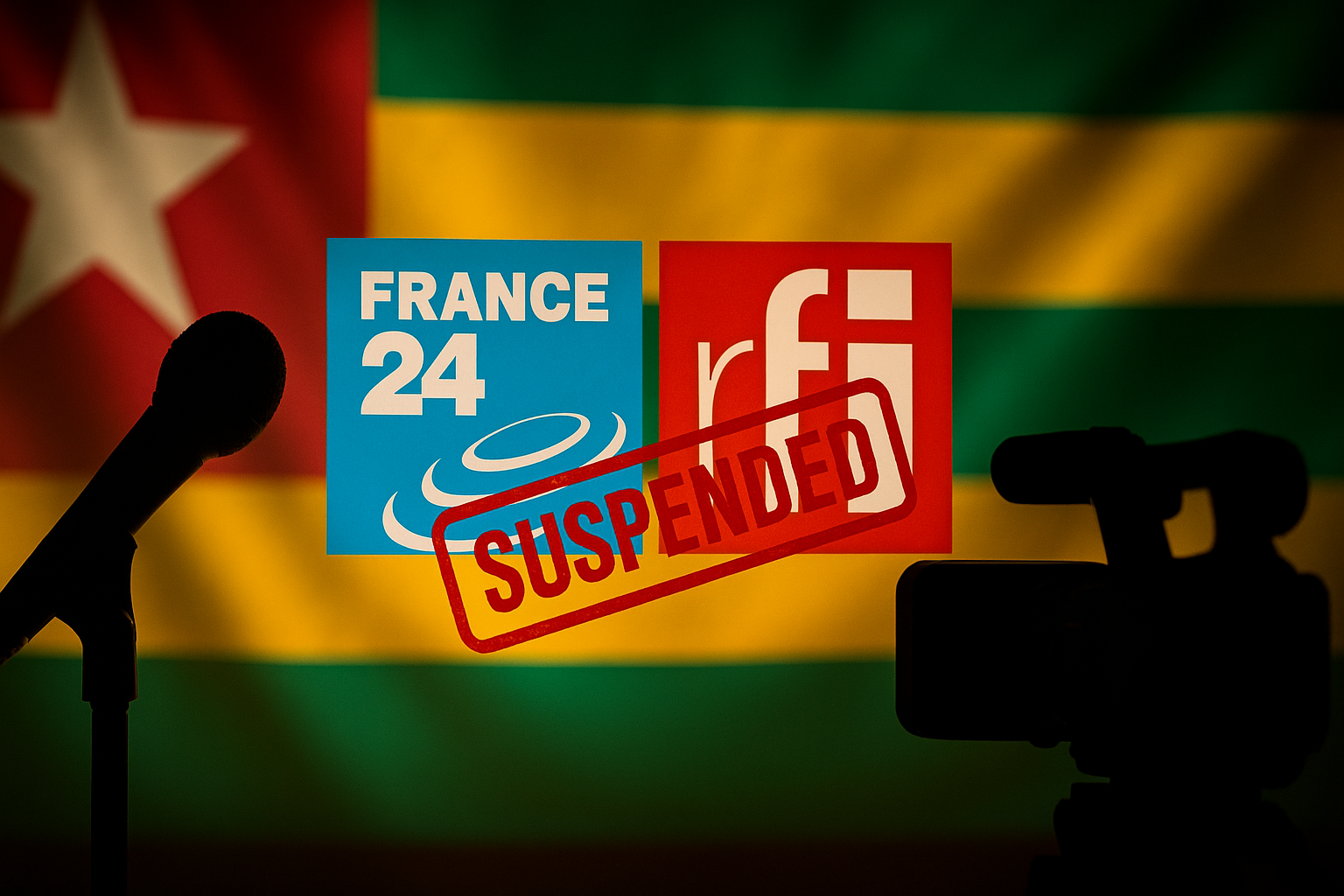In the heart of West Africa, a new confederation is under siege — not by rebels or jihadists, but by the specter of global imperialism.
At a recent national ceremony, Burkina Faso’s interim president, Captain Ibrahim Traoré, sounded the alarm: foreign powers, he said, are actively working to fracture the Alliance of Sahel States — the tri-state confederation formed by Burkina Faso, Mali, and Niger.
“We are approached every day by imperialists who want to force one of the three states to betray the others,” Traoré warned.
To many, these words may sound conspiratorial. But in the strategic theater of the Sahel, where natural wealth meets geopolitical ambition, they are brutally realistic.
Let’s break it down.
The Alliance of Sahel States (AES) was born in 2023 after French troops were expelled from all three countries. What followed was nothing short of a geopolitical realignment: withdrawal from ECOWAS, severing military ties with France and Europe, and pivoting toward Russia and non-Western powers.
But this pivot comes at a price. The Sahel region — rich in gold, uranium, oil, lithium, and rare earths — has long been viewed as a strategic reservoir by Western capitals. Control of the region means access to critical minerals, military leverage, and economic influence stretching from the Mediterranean to the Gulf of Guinea.
For decades, the former colonial powers, particularly France, embedded themselves through security arrangements, language, currency (like the CFA franc), and military deployments. The AES challenges all of this — and more. It seeks sovereign defense, economic independence, and a post-colonial African identity.
This challenge has made it, as Traoré put it, a “source of concern” for imperialist actors. That’s not mere rhetoric — recent weeks have seen mounting accusations:
- France allegedly backing rebel incursions from neighboring Benin and Nigeria into Nigerien territory.
- Ukraine, curiously active in Africa, is accused of training and supplying insurgents under the guise of military aid — doing, in the words of a Sudanese official, the “West’s dirty work.”
This isn’t just a war of bullets. It’s a war of narratives, sanctions, and alliances. Economic blockades, diplomatic isolation, and media demonization have all been used to paint these military governments as illegitimate — even as they enjoy strong domestic support in many quarters.
The strategy, it seems, is divide and conquer: isolate one AES state, fracture the alliance, and regain indirect control through regime change or forced dependency.
But the AES is holding firm — for now. Its leaders understand the stakes: unity means survival; division could return them to the neo-colonial fold they so defiantly left behind.
What we’re witnessing in the Sahel is not a local crisis — it’s a continental turning point. If the AES endures, it could inspire a broader Pan-African push for resource sovereignty, regional defense cooperation, and a multipolar foreign policy.
But if it collapses under foreign pressure, it could mark the return of the old empire in a new cloak — with boots on the ground replaced by drones, deals, and destabilization.
This is Reality on the Ground. Subscribe for more unfiltered geopolitical insights. Share your thoughts below — and join us in tracking the shifting sands of power across Africa and the world.


